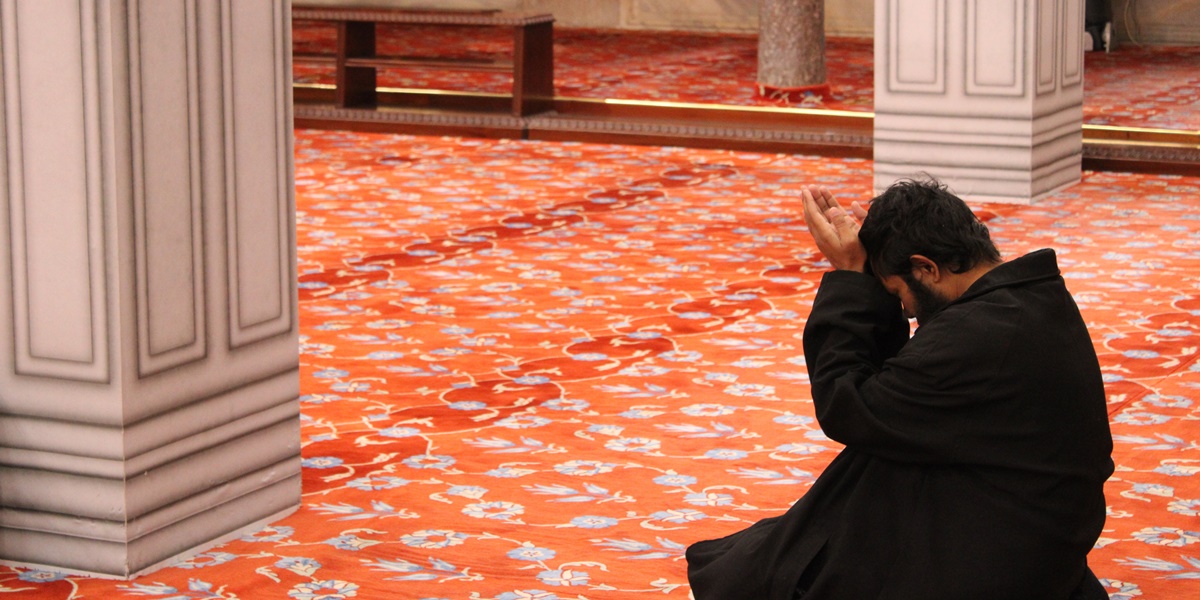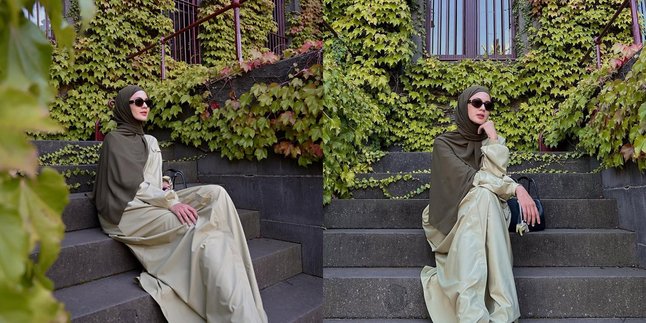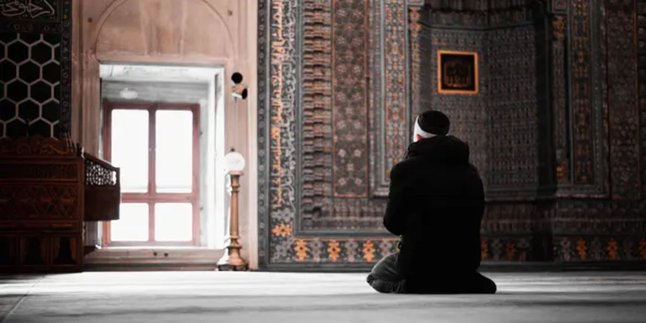Kapanlagi.com - The Night of Lailatul Qadar, a night that is more glorious than a thousand months, is a highly awaited moment for Muslims. On this blessed night, it is recommended to enliven it with various acts of worship, including sunnah prayers and dhikr. After performing the sunnah prayer of Lailatul Qadar, do not miss the opportunity to engage in dhikr, as it is a very important practice.
The Prophet Muhammad SAW has provided specific dhikr that can bring us closer to Allah's forgiveness. Unlike the dhikr we perform daily, the dhikr done after the Lailatul Qadar prayer holds profound meaning. This is the right moment to repent and ask Allah to erase all our sins on this night full of mercy. Let us make the best use of this special night to draw closer to Him!
1. Special Istighfar Dhikr Recommended After Prayer
One of the main dhikrs after the sunnah prayer of Lailatul Qadar is istighfar. However, it is not just a general recitation, but istighfar that is specifically taught by the Prophet Muhammad SAW.
This recitation is mentioned in various sources, such as NU Online and Kumparan, and has become a common practice among the Muslim community in Indonesia. Here is the phrase:
أَسْتَغْفِرُ الللَ وَأَتُوْبُ إِلَيْهِ
Astaghfirullāha wa atūbu ilayhi
Meaning: "I seek forgiveness from Allah and I repent to Him."
This recitation is recommended to be read 70 times after the greeting from the two rakaat sunnah prayer. This practice reflects sincerity in repenting and returning to Allah SWT completely.
2. The Deep Meaning Behind Saying Istighfar 70 Times
Saying istighfar 70 times is not just a number, but a symbol of perseverance and sincerity in seeking forgiveness from Allah SWT, especially on the blessed night of Lailatul Qadar, which is equivalent to a thousand months. This activity is not merely a verbal routine, but also an expression of humility and acknowledgment of all the mistakes that have been made.
Istighfar serves as a bridge connecting sin and divine mercy. On this miraculous night, as the angels descend bringing blessings, every istighfar uttered sincerely becomes a hope for a servant to be among those forgiven and purified from all sins.
3. The Prayer of Lailatul Qadar Integrated with Dhikr
After reciting istighfar, it is highly recommended to continue with the prayer taught by the Prophet to Sayyidah Aisha. This prayer is also a form of dhikr that is highly encouraged to be recited on the night of Lailatul Qadar.
The prayer is as follows:
اللَّهُمَّ إِنَّكَ عَفُوٌّ تُحِبُّ الْعَفْوَ فَارْفُ عَنِّي
Allāhumma innaka ‘afuwwun tuḥibbul ‘afwa fa‘fu ‘annī
It means: “O Allah, You are the Most Forgiving, and You love forgiveness, so forgive me.”
Or another version of the narration:
اللَّهُمَّ إِنَّكَ عَفُوٌّ كَرِيمٌ تُحِبُّ الْعَفُْ فَارْفُ عَنِّي
Allāhumma innaka ‘afuwwun karīmun tuḥibbul ‘afwa fa‘fu ‘annī
Reciting this prayer can be done individually or in congregation. This utterance is a form of dhikr full of hope that Allah will erase all our mistakes on this holy night.
4. Time and Ways to Practice Dhikr After Prayer
After performing the Sunnah prayer on the night of Lailatul Qadar, let us enhance our faith with sincere dhikr. In the two blessed rak'ahs of the last ten nights of Ramadan, after saying the salam, we can begin with istighfar before continuing with supplication. Find a comfortable position, whether sitting or in prostration, and ensure our hearts are fully present, not just reciting with our lips. Many scholars and pesantren teachers emphasize the importance of dhikr in a state of purity and tranquility, away from distractions, so that this night of great honor does not pass without meaning.
5. Why Dhikr After Prayer on This Night is Very Important
The night of Lailatul Qadar is a special moment when every good deed is multiplied, and this is where dhikr after prayer becomes the key to calming the heart, purifying the soul, and attaining forgiveness. In his hadith, the Prophet SAW emphasized that anyone who worships on this blessed night with faith and hope will receive forgiveness for all sins. Although dhikr may seem simple, its power is extraordinary. So, do not waste this precious opportunity just to sleep! Take a moment after prayer to engage in dhikr, especially with istighfar and supplications exemplified by the Prophet, and feel the peace flowing within your soul.
6. Questions About the Topic
Q: What dhikr is recommended after the Lailatul Qadar prayer?
A: Say Istighfar 70 times: Astaghfirullāha wa atūbu ilayhi, and the prayer Allāhumma innaka ‘afuwwun....
Q: Does this Istighfar have to be recited exactly 70 times?
A: It is recommended to do so, but if one is unable, recite according to one’s ability with sincerity.
Q: When is the best time to recite this dhikr?
A: Immediately after the Sunnah prayer of Lailatul Qadar on the odd nights of the last ten days of Ramadan.
Q: Should it be recited in congregation or can it be done alone?
A: It can be done alone or together; what matters is sincerity and focus of the heart.
(kpl/mni)
Disclaimer: This translation from Bahasa Indonesia to English has been generated by Artificial Intelligence.












